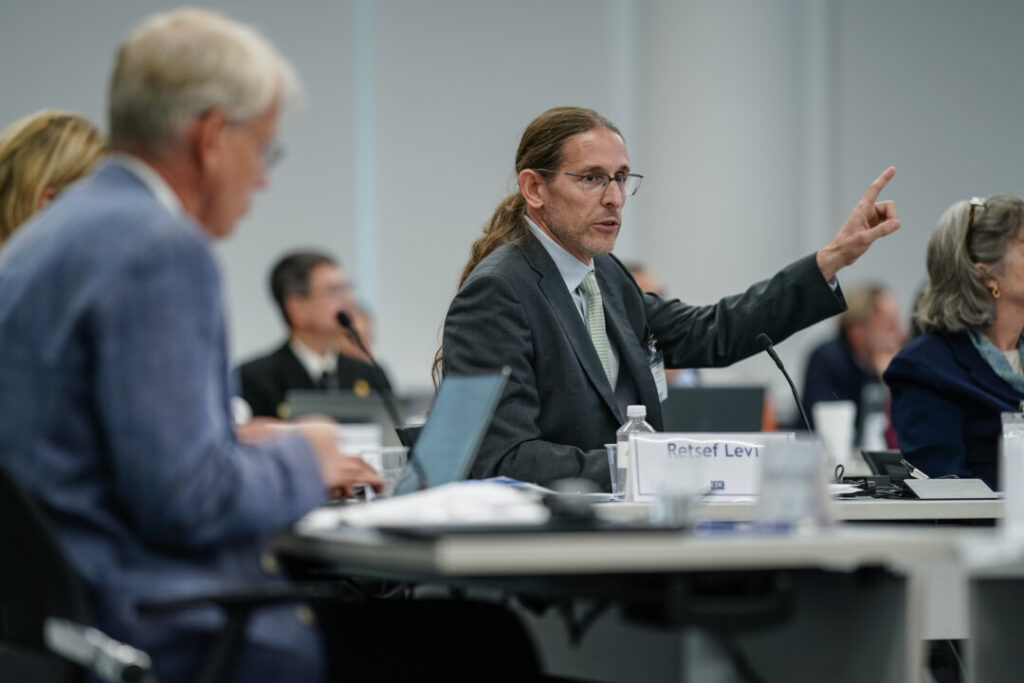
CHAMBLEE, GEORGIA - SEPTEMBER 19: Retsef Levi discusses the findings oif a work group regarding COVID-19 vaccines during a meeting of the CDC's Advisory Committee on Immunization Practices on September 19, 2025 in Chamblee, Georgia. The federal vaccine advisory group, recently appointed by Health Secretary Robert F. Kennedy Jr., is to make recommendations on who should get COVID shots and whether all babies should get vaccinated against hepatitis B at birth. (Photo by Elijah Nouvelage/Getty Images)
The Advisory Committee on Immunization Practices (ACIP), which advises the Centers for Disease Control and Prevention (CDC), recently convened in Georgia to discuss significant changes to vaccine recommendations. During their meeting on September 18 and 19, 2023, the committee voted on updates that could impact the administration of vaccines to children, including the first vaccine they typically receive.
COVID-19 Vaccine Recommendations
One of the primary outcomes from the meeting was a unanimous vote to adjust the status of COVID-19 vaccines within the CDC’s immunization schedules. The committee decided to categorize COVID-19 vaccinations under a new framework called “shared clinical decision-making.” This approach emphasizes that vaccination choices should be individualized, taking into account personal health factors and discussions between healthcare providers and patients or their guardians.
The CDC describes this new tier as distinct from routine or catch-up vaccinations, which are based on standardized recommendations. The shift to shared clinical decision-making reflects an evolving perspective on how vaccines should be approached in the context of the COVID-19 pandemic.
Implications for Childhood Vaccination
The ACIP’s deliberations also included discussions about the potential delay of the first vaccine most children receive, highlighting concerns over the current vaccination landscape. While the committee did not finalize a vote on this matter, the implications of their discussions could lead to changes in how pediatric vaccination schedules are structured.
The meeting was chaired by Robert F. Kennedy Jr., who emphasized the importance of understanding the diverse factors that influence vaccination decisions. This meeting is part of an ongoing effort to ensure that vaccination policies reflect current public health needs and scientific understanding.
The recommendations made by the ACIP will be forwarded to the CDC for further consideration and implementation. As public health officials continue to monitor vaccination rates and outbreaks of diseases like measles and COVID-19, these changes may play a critical role in shaping future health strategies.
The CDC’s focus on shared decision-making aligns with broader trends in healthcare, where patient autonomy and personalized care are increasingly prioritized. In a world still grappling with the effects of COVID-19, these discussions signal a potential shift in how vaccines are perceived and administered.
As the agency takes steps to refine its guidelines, stakeholders in public health and education will be closely watching how these recommendations unfold and what they mean for the health of children across the nation and beyond.






